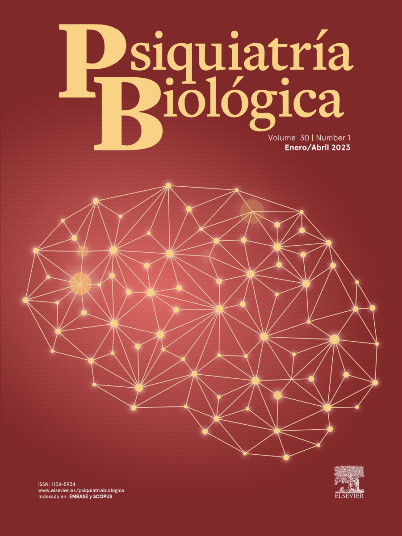Previous research has linked dietary patterns to depressive disorders, however, there are limited data on the association between the consumption of diets rich in phytochemicals and these disorders. This study aimed to investigate the association between dietary patterns and dietary phytochemical index (DPI) and major depression disorder (MDD) in Iranian females.
MethodsThis case–control study was performed on 261 Iranian women (18–65 years, 87 cases, and 174 controls). Food intakes were assessed using a validated semi-quantitative food frequency questionnaire (FFQ). Depression was evaluated by a psychiatrist according to DSM IV criteria. We used factor analysis to extract dietary patterns and binary logistic regression to assess the relationship between dietary pattern scores and depression.
ResultsTwo major dietary patterns were identified: healthy and unhealthy patterns. After controlling for these variables, participants in the highest tertile of the healthy dietary pattern had significantly lower OR for major depression (OR=0.371; 95% CI: 0.168–0.819, p=.014). The second tertile of the unhealthy dietary pattern, compared with the lowest tertile had a higher OR for major depression (OR=3.162; 95% CI: 1.451–6.889, p=0.004). Also, women in the lowest tertile of DPI had a higher risk of major depression (OR 2.668; 95% CI 1.297, 5.491, p=.008) compared with those in the highest tertile.
ConclusionsWe found that adherence to a healthy dietary pattern and high intakes of phytochemicals is associated with reduced risk, while an unhealthy dietary pattern is associated with an elevated risk of major depression.
La investigación previa ha vinculado los patrones alimentarios a los trastornos depresivos, pero, sin embargo, existen datos limitados sobre la asociación entre el consumo de dietas ricas en productos fitoquímicos y dichos trastornos. El objetivo de este estudio fue investigar la asociación entre los patrones alimentarios y el índice de fitoquímicos alimentarios (DPI) y el trastorno de depresión mayor (MDD) en las mujeres iraníes.
MétodosEste estudio caso-control fue realizado en 261 mujeres iraníes (18–65 años, 87 casos, y 174 controles). La ingesta alimentaria se evaluó utilizando un cuestionario semicuantivativo validado de frecuencia alimentaria (FFQ). La depresión fue evaluada por parte de un psiquiatra. Conforme a los criterios DSM IV. Utilizamos el análisis factorial para extraer los hábitos alimentarios, y una regresión logística binaria para evaluar la relación entre la puntuación de los hábitos alimentarios y la depresión.
ResultadosSe identificaron dos patrones alimentarios principales: los patrones saludables y no saludables. Tras controlar dichas variables, las participantes situadas en el tercil superior del patrón alimentario saludable tuvieron un OR significativamente más bajo para depresión mayor (OR = 0,371; 95% IC: 0,168-0,819, P = 0,014). El segundo tercil del patrón alimentario no saludable, en comparación con el tercil inferior, tuvo un OR más alto para depresión mayor (OR = 3162; 95% IC: 1451-6889, P = 0,004). De igual modo, las mujeres situadas en el tercil inferior de DPI tuvieron un riesgo más alto de depresión (OR 2668; 95% IC 1297, 5491, P = 0,008) en comparación con aquellas situadas en el tercil superior.
ConclusionesEncontramos que la adherencia a un patrón alimentario saludable y altas ingestas de fitoquímicos está asociada a una reducción del riesgo, mientras que el patrón alimentario no saludable está asociado a un riesgo elevado de depresión mayor.












